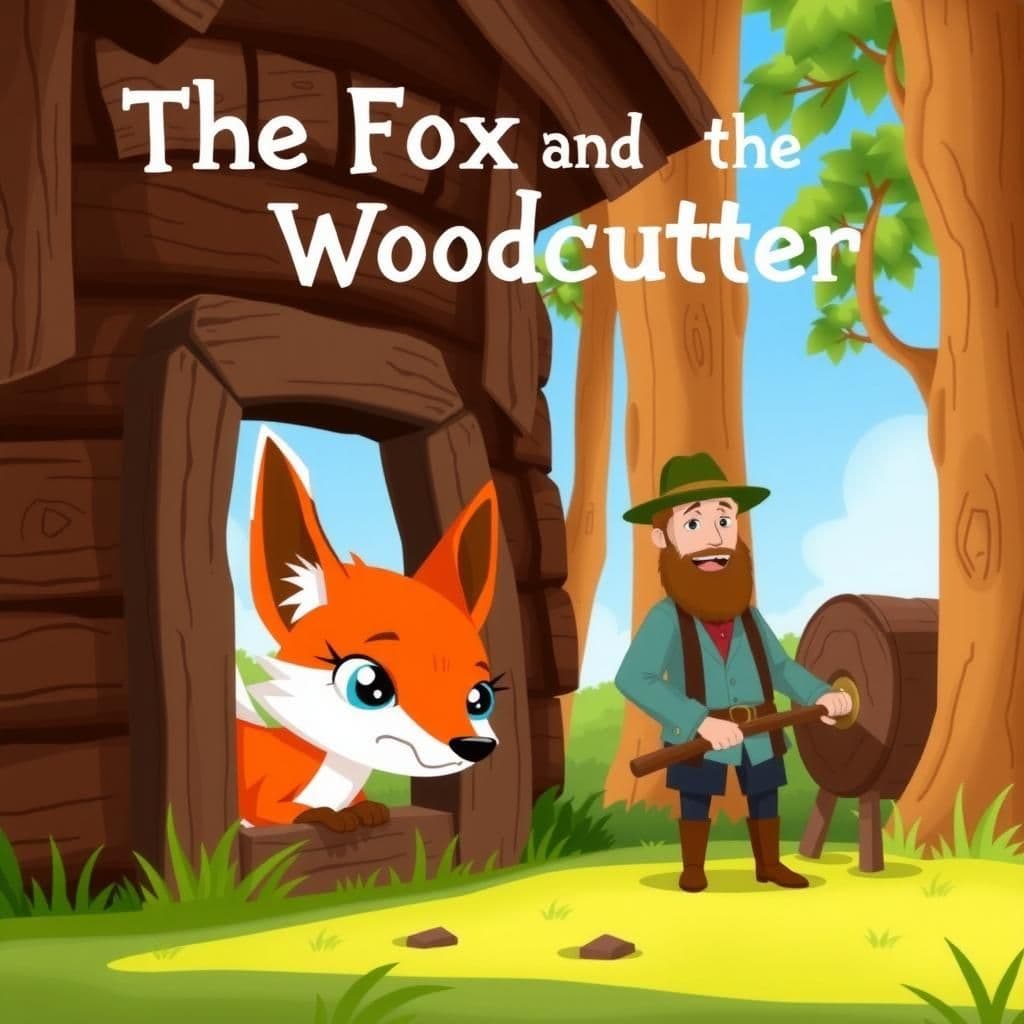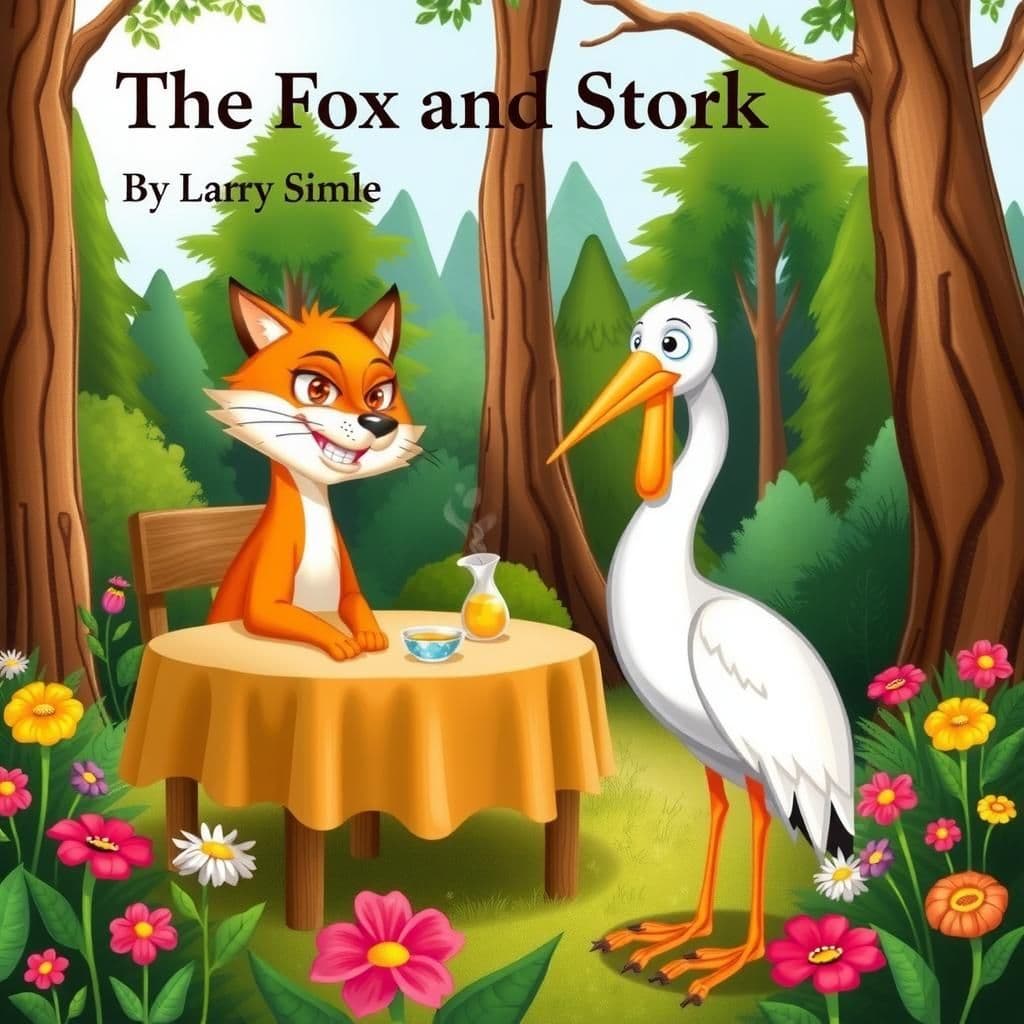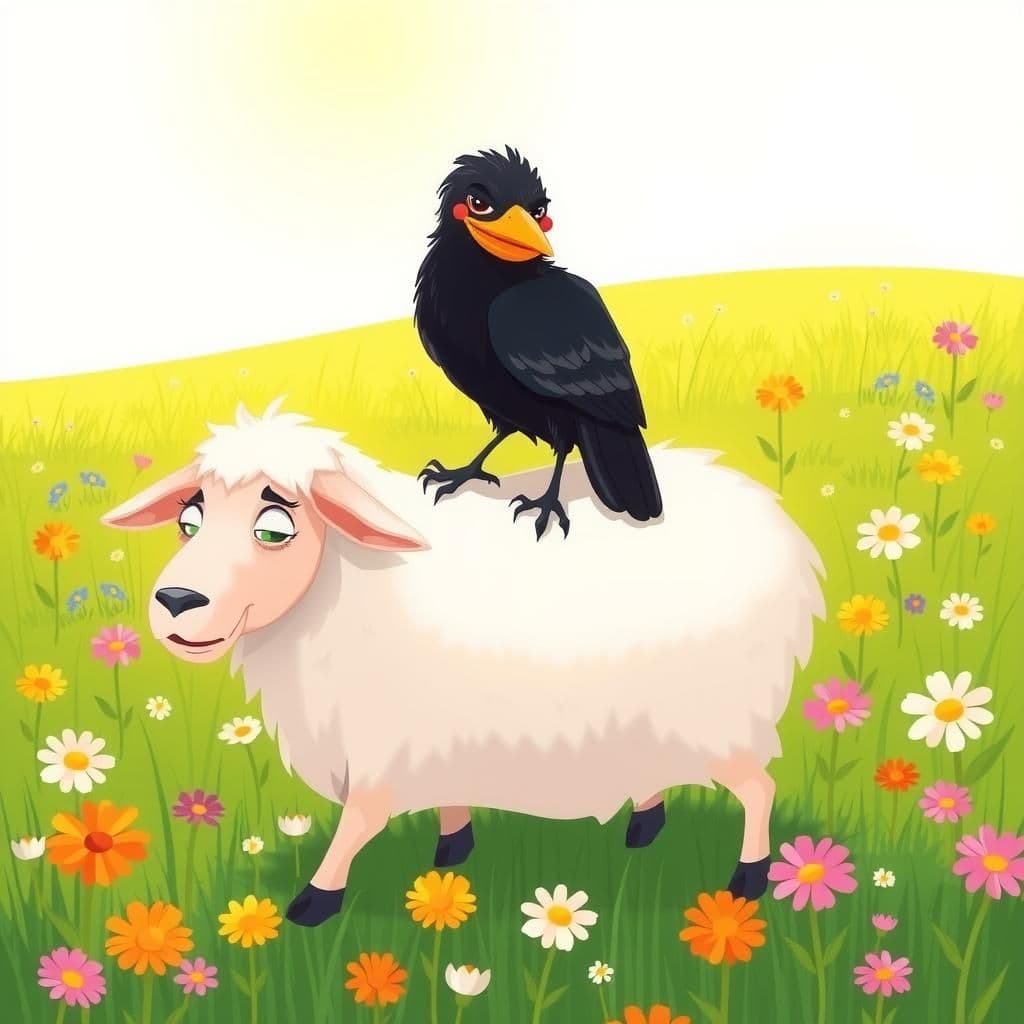The Fox and the Woodcutter

Story Summary
In this life-changing story with a moral, a fox, pursued by hounds, seeks refuge with a woodcutter who deceitfully denies the fox's presence to the huntsman while gesturing towards the hut where the fox hides. Once safe, the fox criticizes the woodcutter for his duplicitous actions, stating that he would have expressed gratitude if the woodcutter's deeds had matched his words. This short story serves as a reminder of the simple lessons from stories about integrity and the importance of aligning actions with words, making it a valuable tale for students and adults alike.
Click to reveal the moral of the story
Actions speak louder than words; true gratitude is shown through genuine deeds, not mere promises.
Historical Context
This fable, attributed to Aesop, a storyteller from ancient Greece, highlights themes of cunning, betrayal, and ingratitude. Various retellings throughout history have reinforced its moral lesson, often emphasizing the contrast between words and actions, a common motif in fables that serves to critique human behavior and societal norms. The story reflects the cultural tradition of using animal characters to convey wisdom, a practice that transcends time and geographical boundaries, influencing literature and moral teachings worldwide.
Our Editors Opinion
This story highlights the importance of integrity and genuine action over mere words, a lesson that resonates in modern life where trust is often tested by hidden motives. For example, in a workplace scenario, an employee may cover for a colleague who is late to a meeting, only to later find out that the same colleague takes credit for the team's success without acknowledging their support, illustrating that true gratitude is demonstrated through actions, not just spoken words.
You May Also Like

The Fox and the Stork
In this short moral tale, the Fox's unkindness towards the Stork, when he serves soup in a shallow dish that she cannot eat, leads to a clever lesson in reciprocity. When the Stork invites the Fox to dinner and serves a meal in a narrow-necked jar that the Fox cannot access, she illustrates the consequences of his actions. This big moral story teaches kids about the importance of treating others with kindness and fairness.

The Crow and the Sheep
In the very short moral story "The Crow and the Sheep," a troublesome crow humorously bullies a sheep by riding on its back, showcasing her tendency to target the weak while avoiding stronger animals. The sheep points out that such behavior would not be tolerated by a dog, but the crow justifies her actions, claiming they help her survive. This easy small story with moral lessons highlights the importance of recognizing true strength and the consequences of bullying.

The Farmer and the Cranes
In "The Farmer and the Cranes," a farmer initially uses an empty sling to scare away cranes from his wheat fields, but when the birds no longer fear him, he loads the sling with stones and kills many. Realizing that his threats have turned into real danger, the surviving cranes decide it's time to leave for safety, understanding that when words fail, actions must follow. This impactful moral story teaches a valuable lesson about recognizing true threats, making it a memorable addition to famous fables with moral lessons and short bedtime stories with moral insights.
Other names for this story
The Cunning Fox's Escape, The Woodcutter's Deceit, Hiding from Hounds, The Fox's Dilemma, A Clever Escape, Betrayal in the Woods, The Ungrateful Fox, Tricks of the Woodcutter
Did You Know?
This fable highlights the theme of hypocrisy, illustrating how one's actions can betray their words; despite the Woodcutter's verbal assistance, his gestures revealed his true intentions, prompting the Fox to prioritize his survival over gratitude.
Subscribe to Daily Stories
Get a new moral story in your inbox every day.